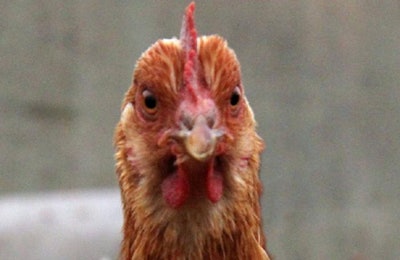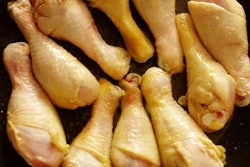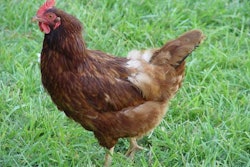
Nigeria has reported a further 21 new outbreaks of highly pathogenic avian influenza (HPAI) in its poultry flocks to the World Organisation for Animal Health (OIE). As in previous cases, the outbreaks have been confirmed to be caused by the H5N1 virus, and they are widespread across the country but confined to the commercial egg-laying sector. In the last two weeks, a total of 47,629 layers and pullets have been affected; 2,867 died from the infection and the rest have been destroyed.
In the state of Plateau alone, according to a recent report in The Daily Post, more than 32 farms have been closed as the result of HPAI, and 90,000 birds have been culled.
The chairman of the local chapter of the Poultry Association of Nigeria, John Dasar, said that more than 100 people had lost their jobs because of the disease outbreaks, and he called on the government for more help for the poultry sector.
Avian flu situation in Asian poultry
Since its first reports of HPAI in January of 2015, the Taiwan poultry industry has continued to suffer with HPAI outbreaks. Following observations of abnormal mortality on poultry farms in the counties of Changhua, Yunlin and Pingtung, and in Tainan city, the veterinary authority has confirmed a total of 6 new outbreaks. Five were caused by the H5N2 virus, which affected two flocks each of chickens and geese and one of native chickens, leading to the death or destruction of more than 41,000 birds. A total of 1,200 geese were lost as the result of an infection with the H5N8 subtype of the virus.
The H5N1 virus has been confirmed in Tra Vinh province in southern Vietnam, where 1,100 bird in a village flock were lost to the disease in the first outbreak reported since December 2015.
A farm in Guizhou province in central southern China has been affected by an outbreak of HPAI caused by the H5N6 variant, leading to the loss of more than 20,000 birds.
Hong Kong’s authorities report finding 4 chicken carcasses washed up on a beach in February. A report to OIE discloses that, when tested, one of the carcasses was positive for the H5N6 HPAI virus.
According to the Special Administrative Region’s Agriculture and Fisheries Conservation Department (AFCD), virus-infected carcasses were washed up on two Hong Kong beaches during February. Backyard farming is not permitted in Hong Kong, and there have been no signs of the disease during surveillance of registered farms, according to the AFCD.
Three new avian flu outbreaks in France
Three duck flocks in France have been confirmed with the H5N1 HPAI virus over the last 2 weeks, according to reports received by the OIE. Two were in the department (region) of Dordogne and one in Lot – areas affected by previous outbreaks. The infections were identified through surveillance and 15,650 birds were destroyed.
The Ministry of Agriculture puts the total number of HPAI outbreaks so far at 74 in 8 departments.
It has recently enlarged the restriction zone to cover the departments of Pyrénées Atlantiques, Hautes-Pyrénées, Ariège, Haute-Garonne, Gers, Landes, Gironde, Lot & Garonne, Tarn & Garonne, Tarn, Aveyron, Lot, Dordogne, Corrèze and Haute-Vienne, as well as parts of Cantal and Aude.
China, Hong Kong report new human flu infections
Last month, Hong Kong’s Department of Health notified the World Health Organization (WHO) of one additional laboratory-confirmed cases of human infection with avian influenza A (H7N9) virus. The patient, who was receiving treatment in hospital, had visited a wet market in Jiangsu province in China.
According to infectious diseasenews message board,FluTrackers, Chinese provincial and Hong Kong health officials have reported a further 6 confirmed cases of the disease, bringing its global H7N9 count to 742 cases.

















